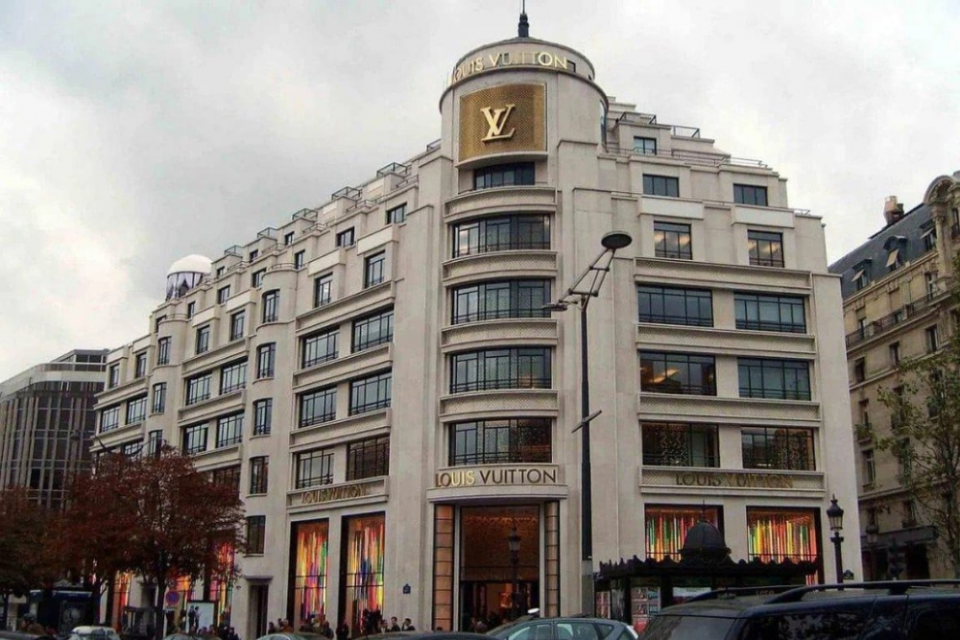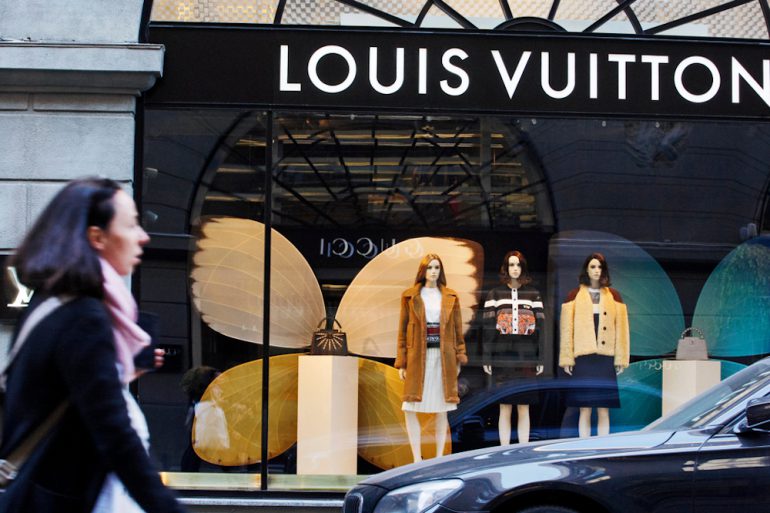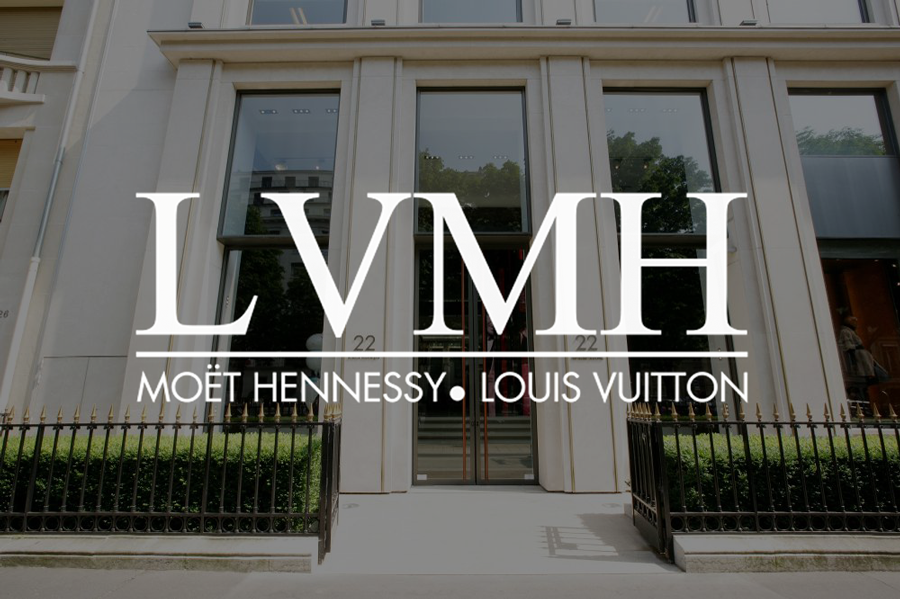LVMH Explores Shifting Manufacturing to the US Amid Rising Tariff Tensions
Table of Contents
- LVMH’ten Avrupa rekoru - MediaCat
- Mengenal LVMH, Perusahaan Konglomerat Terkaya di Industri Mode ...
- "LVMH" จ่อเบียด "เทสลา" ขึ้นอันดับ 9 บริษัทที่ใหญ่ที่สุดในโลก : อินโฟเควสท์
- LVMH - reNature
- LVMH’ten Avrupa rekoru - MediaCat
- LVMH adalah Perusahaan Induk Louis Vuitton, Ini Profilnya - Varia ...
- LVMH announces financial results - Retail in Asia
- LVMH buys back its own shares for 1.5 billion euros - Luxury Tribune
- Exploring the World of Luxury with LVMH. | firststeppost.com
- Mengenal LVMH: Pemilik & Brand yang Ada di Bawahnya - Laruna


According to recent reports, LVMH is mulling over the possibility of shifting a substantial part of its production to the US, in a bid to avoid the hefty tariffs levied on imported luxury goods. The Trump administration's decision to impose tariffs on a wide range of products, including luxury items, has left many high-end brands scrambling to reassess their manufacturing strategies. By relocating its production facilities to the US, LVMH aims to minimize the impact of these tariffs and maintain its competitive edge in the market.


Impact of Tariffs on Luxury Goods


Moreover, the relocation of manufacturing operations to the US could also create new job opportunities and stimulate local economies. LVMH's decision to invest in US-based manufacturing could have a positive impact on the country's economy, particularly in regions with struggling manufacturing sectors. This move could also help to foster a sense of community and social responsibility, as LVMH would be contributing to the local workforce and economy.


Challenges and Opportunities

Despite these challenges, the potential benefits of relocating manufacturing operations to the US are substantial. LVMH could capitalize on the "Made in USA" label, which is often associated with high-quality products. This could enhance the brand's reputation and appeal to consumers who prioritize domestically produced goods. Furthermore, by reducing its reliance on international supply chains, LVMH could improve its operational efficiency and responsiveness to changing market trends.
LVMH's decision to explore shifting its manufacturing operations to the US is a strategic response to the rising tariff tensions and trade uncertainties. By relocating its production facilities to the US, the company can minimize the impact of tariffs, maintain its competitive edge, and capitalize on the "Made in USA" label. While this move poses significant challenges, the potential benefits are substantial, and LVMH is well-positioned to navigate the complexities of US-based manufacturing. As the luxury goods industry continues to evolve, it will be interesting to see how LVMH's decision plays out and whether other luxury brands follow suit. Note: This article is for general information purposes only and is not intended to be taken as professional advice. The views and opinions expressed are those of the author and do not necessarily reflect the official policy or position of any company or organization.